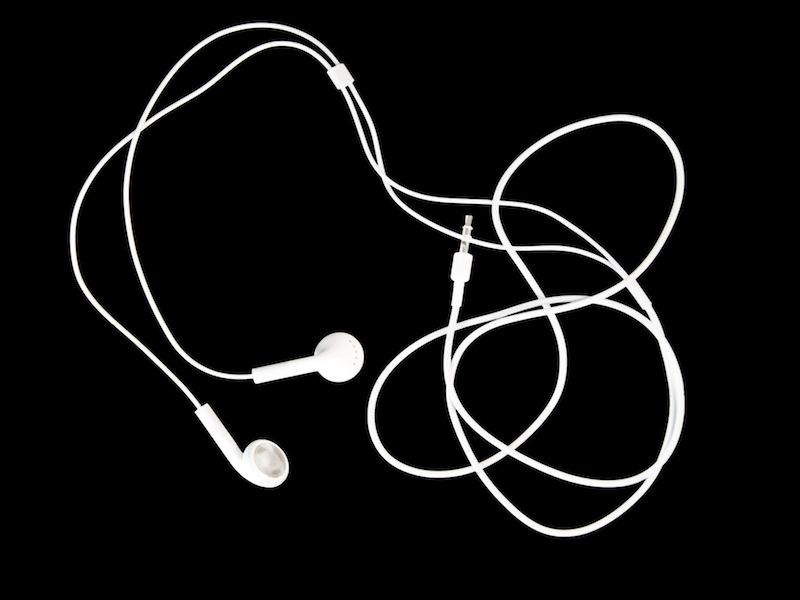
It’s not necessary to feel like your by yourself if you haven’t had a hearing exam since you were a kid. It isn’t commonly part of a routine adult physical and sadly, we often deal with hearing reactively rather than proactively. In fact, even when they know they have hearing loss, most people disregard it for as many as seven years which can seriously impact your health. As a matter of fact, untreated hearing loss has been proven to increase your healthcare costs in the long run.
The good news, hearing tests are easy, pain-free, and provide a wide range of information for our professionals to help you, both for diagnosing hearing concerns and assessing whether interventions like hearing aids are working. When you were a child, you may remember the audiometry test from school, but a full hearing test will give you a better understanding of your hearing without a lollipop or sticker.
While you may not give the condition of your hearing as much attention as you would the health of your teeth or your eyes, it is essential that you routinely get your hearing examined. It can be a considerable time before you notice that there is something wrong with your hearing. Because loss of hearing commonly takes place gradually over time it’s not easy to detect it at first, but the sooner you can, the more likely you will be able to efficiently treat it.
How do You Know When to Get Tested?
Usually the hospital will screen newborns for hearing loss before they send them home. The American Academy of Pediatrics advises that children undergo formal hearing tests when they are 4, 5, 6, 8 and 10 years of age and that teenagers should have hearing tests during wellness appointments with their doctors.
It’s recommended that if you are in between the ages of 18 and 49, you have your hearing examined every five years and then, as you age, more often. After you turn 60 you should be tested every two years and if you are between 46 and 60 every three years. But you might need to get tested more often. Your individual situation will dictate when you should get an exam. If you find that your hearing isn’t as good as it once was, you should have it examined right away. Several health issues are associated with neglected hearing loss, such as increased risk of falling, mental decline, and depression. Your ability to do work efficiently and your relationships can also be affected.
There are also circumstances in which you should have a hearing exam as soon as you can to address hearing loss that could get worse. The following situations suggest that you need to get a hearing test right away:
- You are experiencing vertigo
- You are experiencing a constant ringing in your ears
- There is earwax buildup or you had an ear infection
- You find yourself having to constantly ask people to repeat themselves
- You are unable to hear conversations, particularly when in crowded areas
- It is difficult to pinpoint where sounds are coming from
Another factor is whether you are at a higher risk for hearing loss. As an example, if loss of hearing runs in your family or you are subjected to loud noises regularly you should have your hearing checked more regularly.
Also, over 200 ototoxic medications exist. From Aspirin to certain antibiotics, these medications can be very bad for your hearing. Consult your doctor to make certain any medicines you are taking aren’t affecting your hearing. If you need to use a medication that you know is ototoxic, think about getting more regular hearing testing so you can manage any hearing loss right away.
Also, think about how your habits may be impacting your hearing loss. Regularly using your earbuds? There’s been a noticeable increase in younger people with hearing loss, which many experts connect to the increased use of earbuds and other headsets. Loud concerts, shows, or machinery can also do significant harm to your ears. Schedule your hearing exam today if it’s time for you to get your hearing tested.
